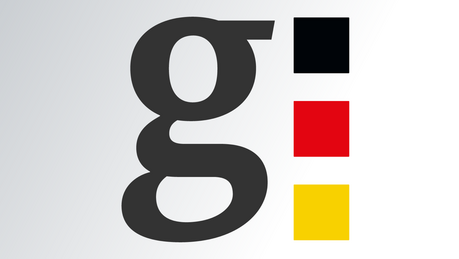The Ministry’s role in the legislative procedure
Deliberation and decision-making in Parliament
Deliberations in the German Bundestag begin with the first reading of a draft bill in the plenary. After that, the draft bill is referred for deliberation to the lead committee in the Bundestag and, if necessary, to other committees that are consulted for an opinion. The lead committee for the remit of the Federal Ministry of Health is the Committee on Health. Just like the other committees of the German Bundestag, it is responsible for the technical preparation of the plenary debates. It discusses the drafts it receives, consults other concerned committees for their opinions and may also conduct hearings. Finally, it re-submits the draft bill and what is known as its recommendation for a decision to the plenary for final debate and decision. After the second and third reading in the plenary, the bill is then adopted by the German Bundestag and referred to the Bundesrat.
For a detailed description of the Bundestag’s tasks in the legislative procedure as well as the overall work of the Committee on Health, see the website of the Bundestag at www.bundestag.de.
Participation of the Bundesrat
According to Article 50 of the German Basic Law, “The Länder shall participate [...] in the legislation and administration of the Federation and in matters concerning the European Union.” Article 77 Section 1 of the Basic Law stipulates that Federal laws adopted by the Bundestag shall be forwarded to the Bundesrat without delay.
First, all submitted bills are discussed by the specialised committees of the Bundesrat. The lead committee responsible for the Federal Ministry of Health is the Committee on Health. In these committees, the bills are discussed and motions can be submitted. The lead committee refers the outcomes of these committee deliberations to the Bundesrat plenary as recommendations.
While in what is known as the first reading (1. Durchgang), the Bundesrat participates by adopting an opinion, the so-called second reading (2. Durchgang) concerns the question of whether the bill will go ahead. The Bundesrat’s competencies in this step of the procedure depend on whether the bill in question is what is known as a consent bill (Zustimmungsgesetz) or an objection bill (Einspruchsgesetz). If a bill is a consent bill, consent by the Bundesrat is mandatory in order for it to become law.
For further details on the work of the Bundesrat’s Committee on Health as well as on the Bundesrat’s role in the legislative procedure, see the website of the Bundesrat at www.bundesrat.de.
Additional information
-
Responsibilities
A key aspect of the Federal Ministry of Health’s broad spectrum of responsibilities is the drafting of primary and secondary legislation and administrative regulations.
-
Organisation chart
An overview of the structure of the Federal Ministry of Health
































